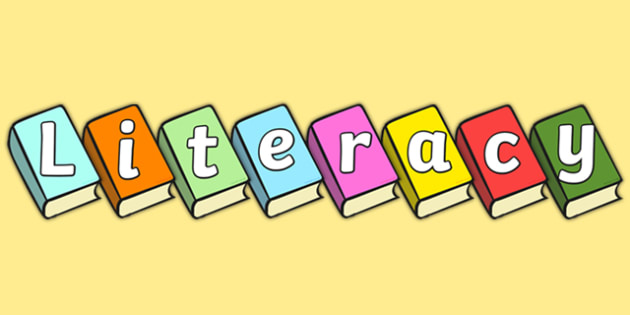Introduction
Literacy is the cornerstone of education and a fundamental skill that empowers individuals to engage with the world around them. It is not merely the ability to read and write but a gateway to knowledge, personal growth, and countless opportunities. In this article, we will explore the significance of literacy, its impact on individuals and societies, and the importance of promoting and sustaining literacy initiatives.
Defining Literacy
Literacy, at its core, is the ability to read and write proficiently. However, it encompasses much more than these basic skills. Literacy also involves understanding, interpreting, and critically analyzing text and information. It is a dynamic and evolving skill that adapts to the changing needs of society.
The Impact of Literacy
- Empowerment: Literacy empowers individuals to access information, make informed decisions, and advocate for themselves. It gives them the ability to understand and engage with complex issues, such as healthcare, politics, and economics.
- Education: Literacy is the foundation of education. Without the ability to read and write, students cannot access textbooks, write essays, or participate fully in the learning process. Literacy skills are essential for academic success.
- Economic Opportunities: In today’s knowledge-based economy, literacy is closely tied to employment opportunities. Illiteracy often limits job prospects and earning potential. On the other hand, literate individuals are more likely to find meaningful and well-paying jobs.
- Healthcare: Literacy is critical for understanding healthcare information, from reading prescription labels to comprehending medical instructions. Illiterate individuals may struggle to navigate the healthcare system, leading to poorer health outcomes.
- Social Inclusion: Literacy fosters social inclusion by enabling individuals to communicate effectively, participate in community activities, and engage in civic life. Illiteracy can lead to social isolation and exclusion.
- Personal Growth: Reading and writing offer a means of personal growth and self-expression. Literature, in particular, provides insights into human experiences, cultures, and emotions, allowing individuals to broaden their horizons and develop empathy.
Challenges to Literacy
Despite the numerous benefits of literacy, many challenges persist:
- Illiteracy Rates: Shockingly, global illiteracy rates remain high. According to UNESCO, approximately 773 million adults around the world lack basic literacy skills.
- Gender Disparities: Women and girls often face greater barriers to literacy, resulting in gender disparities in education and employment opportunities.
- Digital Literacy: In the digital age, digital literacy has become as important as traditional literacy. Many people lack the skills to navigate the internet safely and critically evaluate online information.
Promoting Literacy
Efforts to promote literacy must be multifaceted and address the challenges mentioned above:
- Universal Education: Governments and organizations should prioritize universal access to quality education, particularly in underserved communities.
- Adult Literacy Programs: Programs that target adult literacy are essential for improving the skills of those who missed out on education in their youth.
- Digital Literacy Training: Given the increasing importance of the digital realm, digital literacy programs are crucial to equip individuals with the skills to navigate the internet and use technology effectively.
- Promotion of Reading: Encouraging a culture of reading through libraries, book clubs, and community reading initiatives can foster a lifelong love for literature.
- Global Collaboration: Literacy is a global issue, and collaboration between governments, NGOs, and international organizations is essential to tackle illiteracy on a global scale.
Conclusion
Literacy is a powerful tool that can transform individuals and societies. It opens doors to knowledge, economic opportunities, and personal growth. However, challenges to literacy persist, and concerted efforts are needed to ensure that everyone has the chance to become literate. By recognizing the importance of literacy and working together to promote it, we can create a world where all individuals have the opportunity to unlock their full potential through the power of reading and writing.


